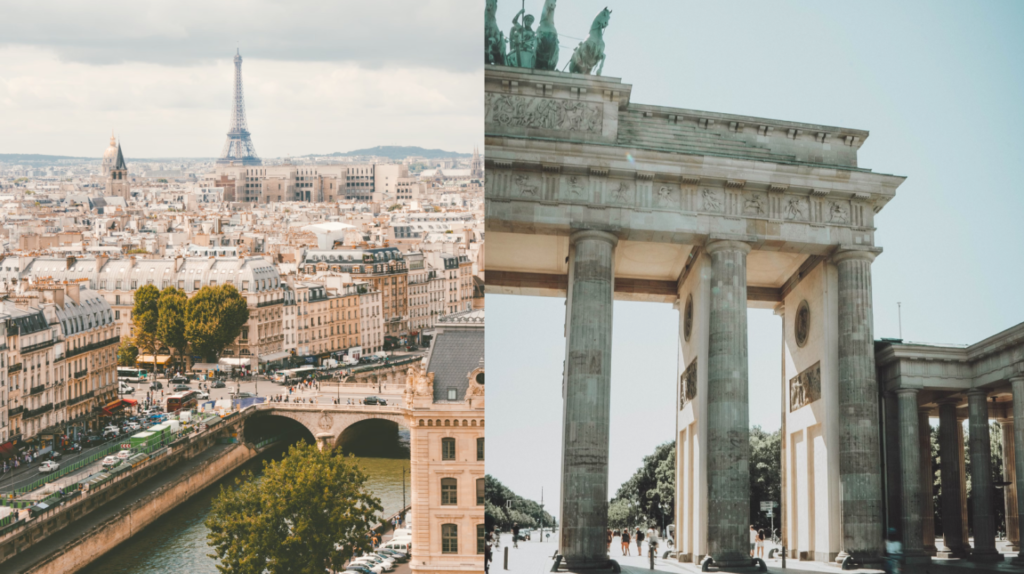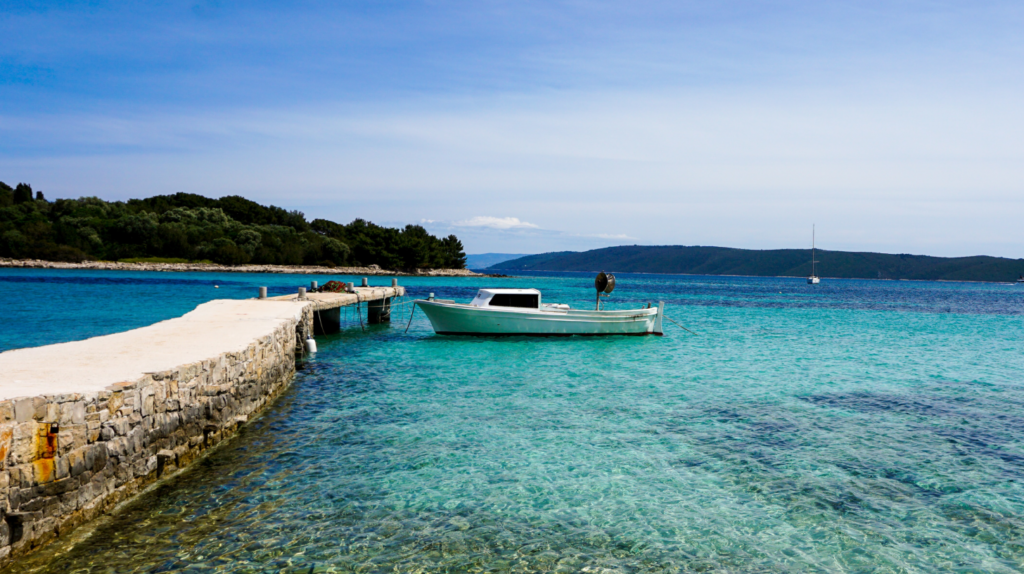The Rugby World Cup, which kicked off its latest edition in France just last Friday, promises an exhilarating month of intense competition. While fans worldwide eagerly anticipate thrilling on-field battles, what’s already making headlines is the eco-conscious approach taken by the organizing committee.
Even before the opening kickoff, one of the most striking images of this World Cup was the arrival of the formidable All Blacks team by the high-speed TGV train from Lyon. This shift towards rail travel is part of a concerted effort to reduce the carbon footprint of the event, aligning with global sustainability goals.
Les All-Blacks arrivent à la gare de Lyon à Paris. Ils ont pris un TGV depuis Lyon, à deux jours du match d'ouverture de la Coupe du monde #rugbyworldcup2023 pic.twitter.com/ek1JHYz3UH
— Julien Da Sois (@jdasois) September 6, 2023
Teams on Track
The organizing committee is making 70% of team travels environmentally friendly, with 80 journeys to be made by rail for 17 out of the 20 participating teams. Trains and buses will be systematically employed for journeys lasting less than 5.5 hours, emphasizing the tournament’s commitment to sustainability.
Behind the Scenes
The logistics of team travel are meticulously organized, with delegations traveling in private cars aboard commercial trains. Strict security measures are in place to prioritize the safety and privacy of the teams, ensuring that average travelers cannot access these designated cars.
The organization also made an effort to minimize travel time on foot between trains and coaches outside the station, optimizing every detail to reduce the risk of incidents and enabling teams to focus solely on their match preparation
Fans on Board
The Rugby World Cup wouldn’t be complete without passionate fans from around the world. The organizing committee anticipates that 88% of the 2.5 million expected supporters will choose train travel to attend the matches. The SNCF (Société Nationale des Chemins de fer Français) has introduced 10,000 low-cost tickets between Paris and the Centre-Val de Loire region in September, making attending the Rugby World Cup thrilling, accessible, and eco-friendly for fans.




